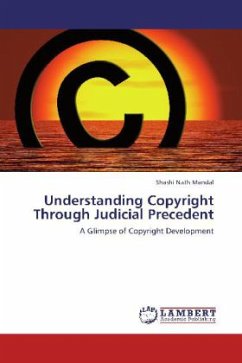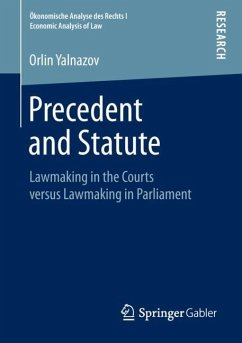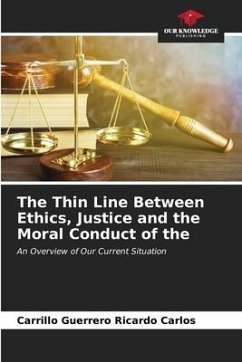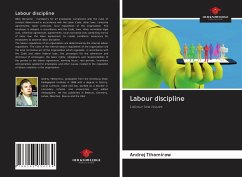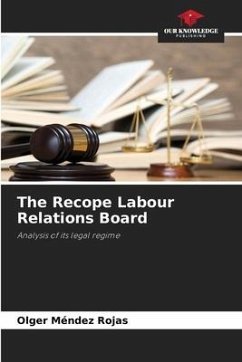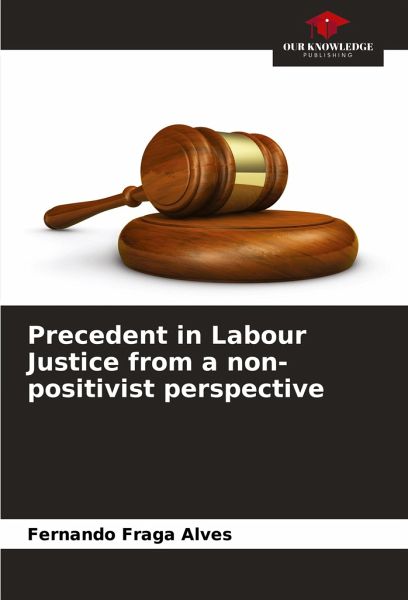
Precedent in Labour Justice from a non-positivist perspective
Versandkostenfrei!
Versandfertig in 6-10 Tagen
36,99 €
inkl. MwSt.

PAYBACK Punkte
18 °P sammeln!
This paper deals with mandatory judicial precedent in the Labour Courts, based on the phenomenon of the incorporation of elements from the Common Law family into the Brazilian Civil Law family. The method used addresses both families, in terms of definition, construction, historical evolution and current structure in the English, North American and Brazilian legal systems. The latter, in turn, is analysed with a focus on the scope of Labour Procedural Law and Civil Procedural Law, especially in relation to the legislative reform of the Consolidation of Labour Laws (CLT), promoted by Law No. 13...
This paper deals with mandatory judicial precedent in the Labour Courts, based on the phenomenon of the incorporation of elements from the Common Law family into the Brazilian Civil Law family. The method used addresses both families, in terms of definition, construction, historical evolution and current structure in the English, North American and Brazilian legal systems. The latter, in turn, is analysed with a focus on the scope of Labour Procedural Law and Civil Procedural Law, especially in relation to the legislative reform of the Consolidation of Labour Laws (CLT), promoted by Law No. 13.015/2014, the New Code of Civil Procedure, applicable to Labour Procedure in a supplementary and subsidiary manner, according to its article 15 and article 769 of the Consolidation of Labour Laws, which represented a milestone in the adoption of the system of judicial precedents by the Labour Courts in the Brazilian legal system. The aim of this dissertation is to point out the benefit or disadvantage of incorporating the theory of precedents into Brazilian Labour Procedural Law and Labour Justice, from a non-positivist perspective.





